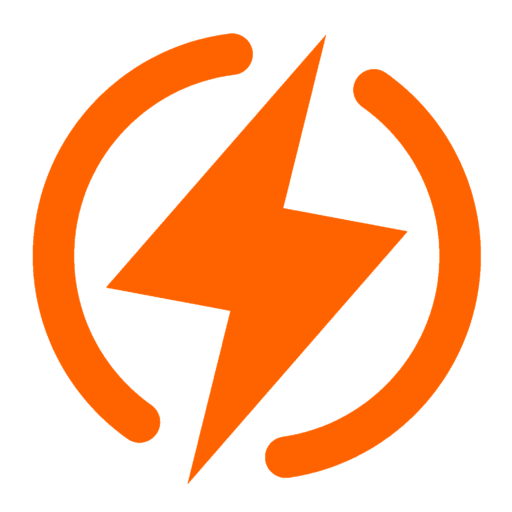Neqotkuk First Nation students help build solar farm for sustainable future
Categories: Canada
10-kilowatt project will power community’s employment and training centre, Pow Wow grounds
A new solar farm was unveiled at Neqotkuk First Nation, also known as Tobique, this week, thanks to the hard work of 20 students who learned on the job while working on the project.
They’re part of a training program that brought together the skills of the electrical trade with traditional elder knowledge to build the 10-kilowatt solar farm in northwestern New Brunswick.
“This might be small, but it’s mighty,” says Karen Gillam, founder and CEO of Workforce Warriors, a non-profit Indigenous employment group, based near Fredericton.
“It’s a mighty contribution … all Indigenous communities are being leaders right now in sustainability.”
The training was part of a Workforce Warriors learning program, where students were taught electrical skills and also did cultural work.
The program takes what is referred to as a two-eyed seeing approach, which Gillam describes as the intentional act of “seeing through both eyes.”
“One eye with the mainstream non-Indigenous mindset, whether it be industry or scientific knowledge. And then with the other eye you apply an Indigenous mindset.” she says.
WATCH | How training Neqotkuk’s youth promises a sustainable future:
Show more
Two-eyed seeing took shape in Neqotkuk with the students learning the practical skills to build the solar farm from a red seal electrician and learning about their cultural from Indigenous elders.
“We do cultural work with elders and knowledge keepers throughout the program in order to create that connection with the ancestors, with ceremony, traditional knowledge [and] their language,” Gillam said.
Gillam says it’s important to develop training such as this within Indigenous communities.
“We like to reach vulnerable youth,” she said.
Preparing for future generations
The solar farm will be able to provide energy equivalent to the needs of an average-sized home. It will be used to power the community’s employment and training centre and its Pow Wow grounds, and is intended to be a pilot for future renewable energy projects in the community.
The project is funded by Electricity Human Resources Canada, is a non-profit employment group focused on finding workers for the energy sector, and executed in partnership with Smart Energy Company, a solar technology business, and the New Brunswick Community College.
Some of the students have found employment right away, including Matthew Sisneros, who’s been hired by Smart Energy Company as solar installer.
Sisneros will be working on a 100-kilowatt solar installation for a farmer near Quispamsis — a project 10 times the size of the one in Neqotkuk.
A large part of what of what makes sustainability work important to Sisneros has to do with his three-year-old daughter.
“You know my daughter, I can show her things like this. She goes to school down the street, so she’d seen me actually working on it … In the future she’ll understand what this does and why it’s good for the environment and why I’m excited about it.”
He said this is a step forward “to saving the environment and making it better for our future kids — our future generations.”
A sentiment echoed by Neqotkuk Chief Ross Perley.
“The new generation has a larger awareness of the environment globally and what they need to do as a generation to make things better,” Perley said.
“In our nation we look out for the next seven generations,” he said, “in order to do what you have to do” to take care of the environment.
Perley say’s the farm is a snapshot for what he would like to see for his community in the future.
“Me and my council, we’d like to have all of our infrastructure powered by green energy and this is the start of that.”
Using Indigenous perspectives to build sustainable businesses
Jeff McAloon, chief development officer of Smart Energy Company, has industry growth in mind and says the two-eyed seeing approach is integral to the business.
“The main objective of this whole project was to train the workforce of the future,” he said.
“There’s no secret that there’s a skill shortage in many industries, he said.
“So for us to be able to hire two youth from this area, who now have hands on [experience] that also come with that two-eyed seeing approach that Indigenous folks bring to everything that they do in life, that’s really important for our company.”
With files from Jacob Moore

Recent Comments